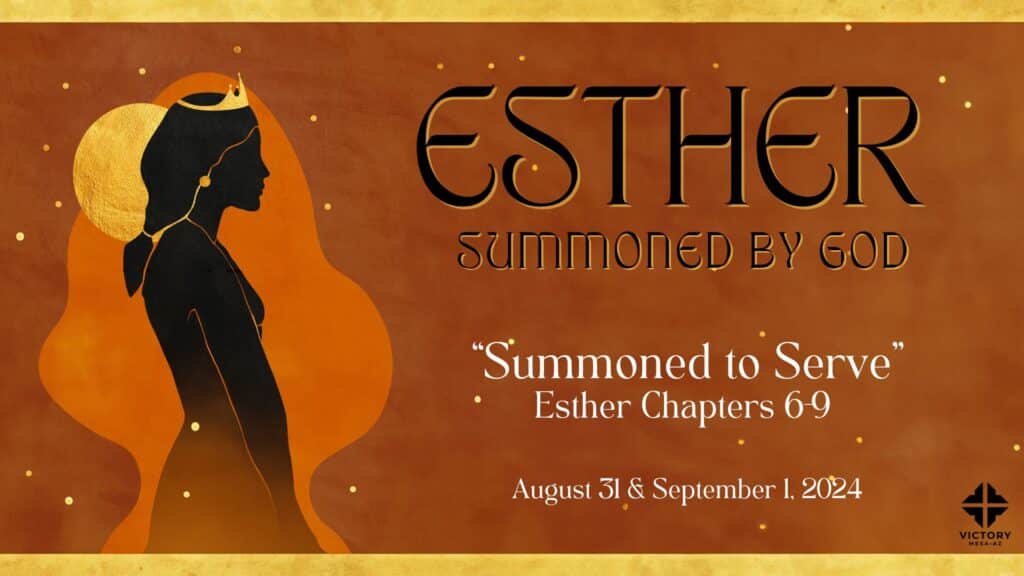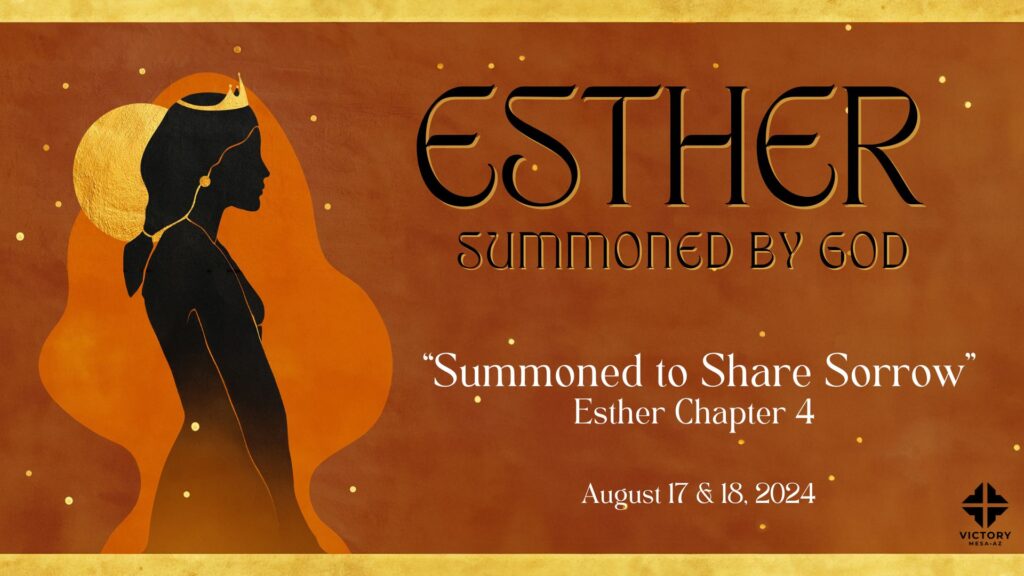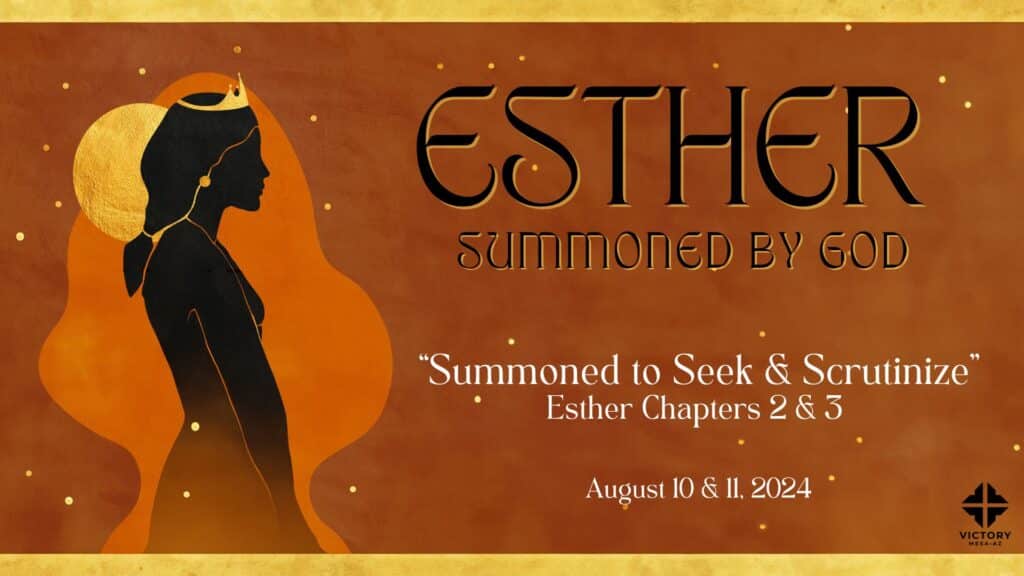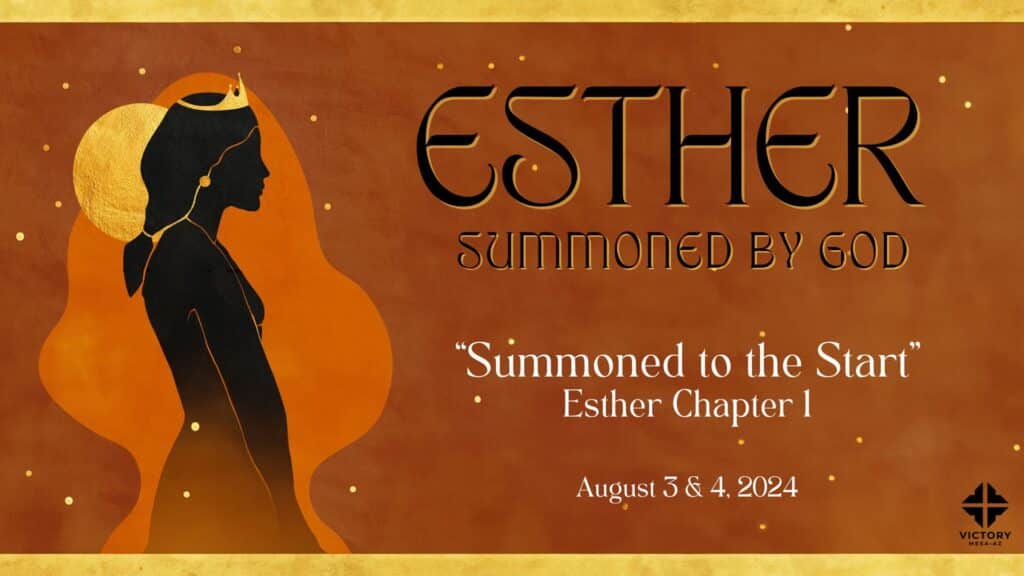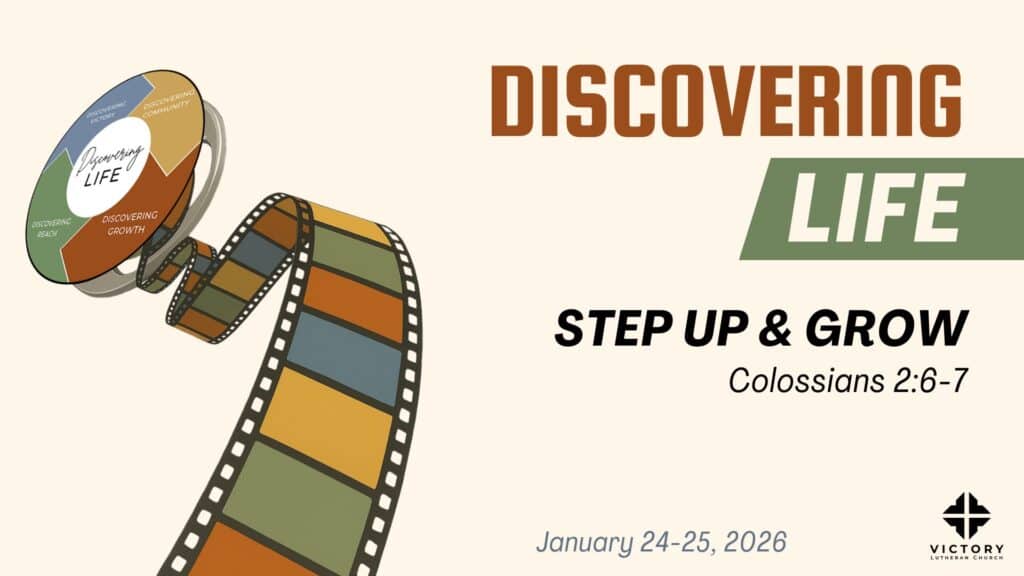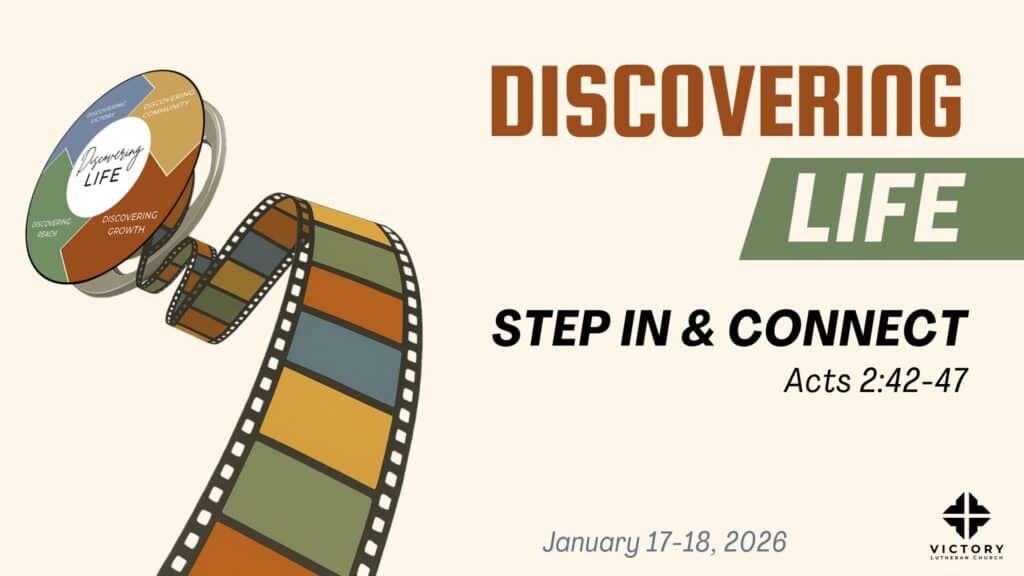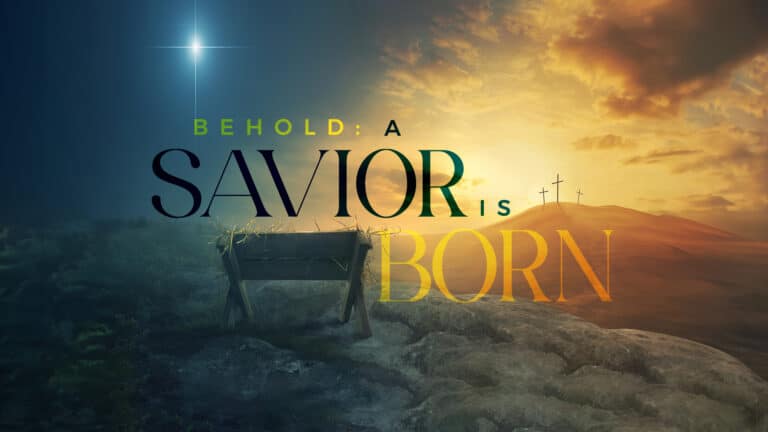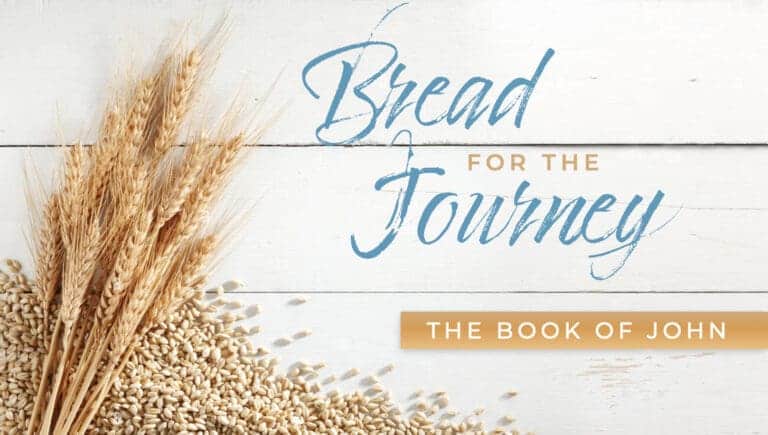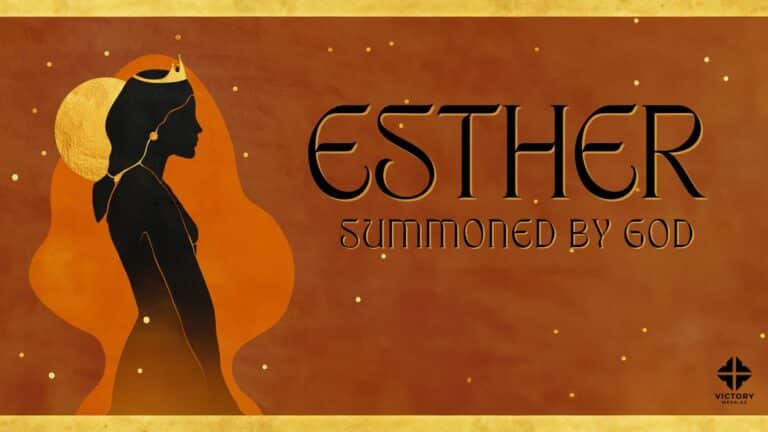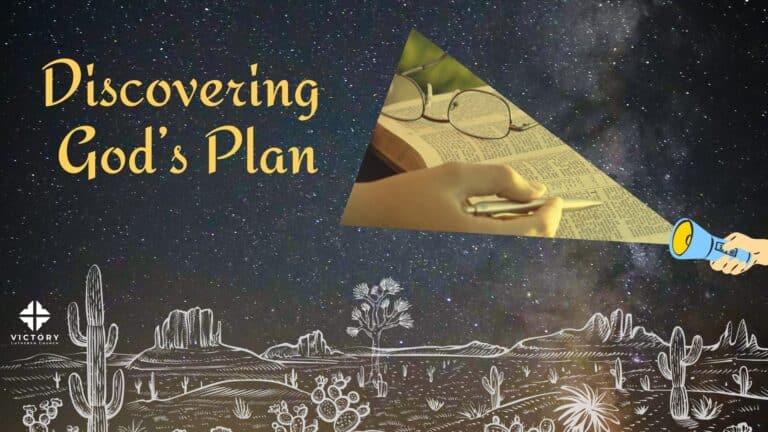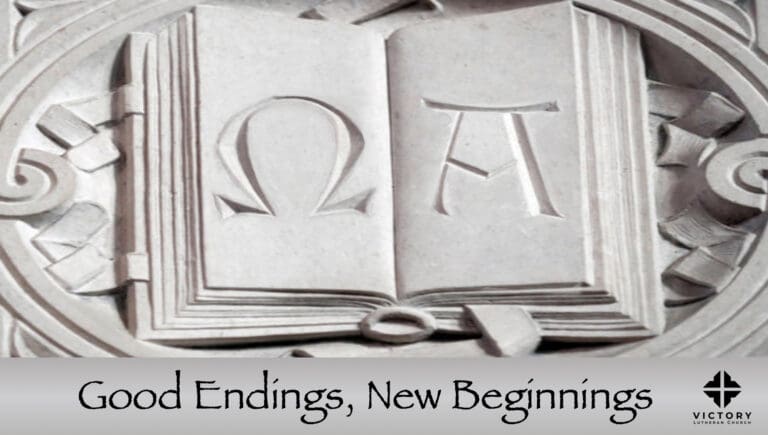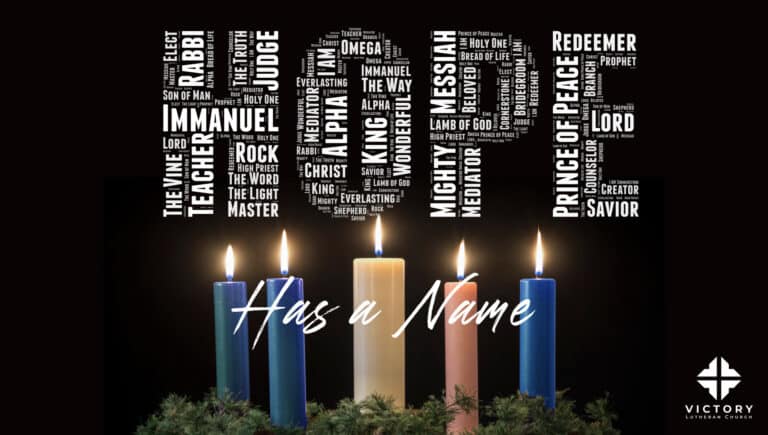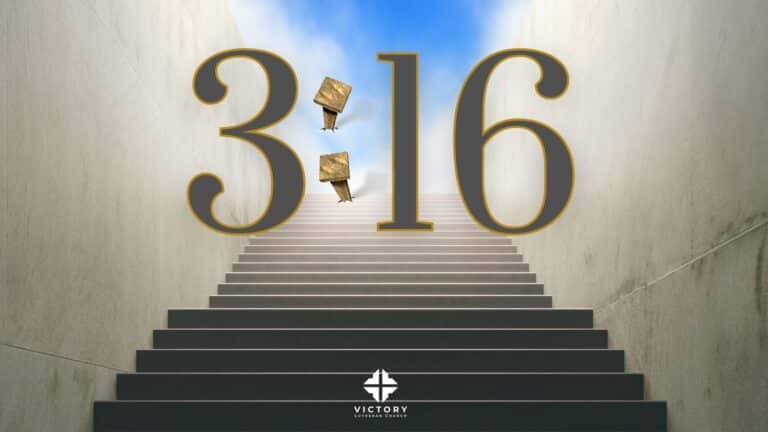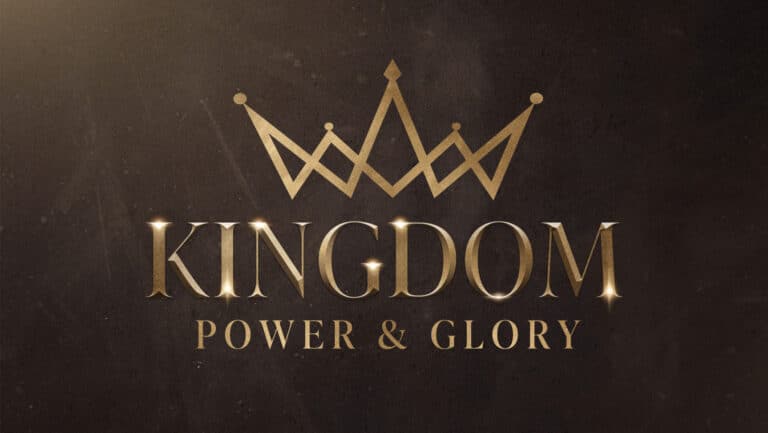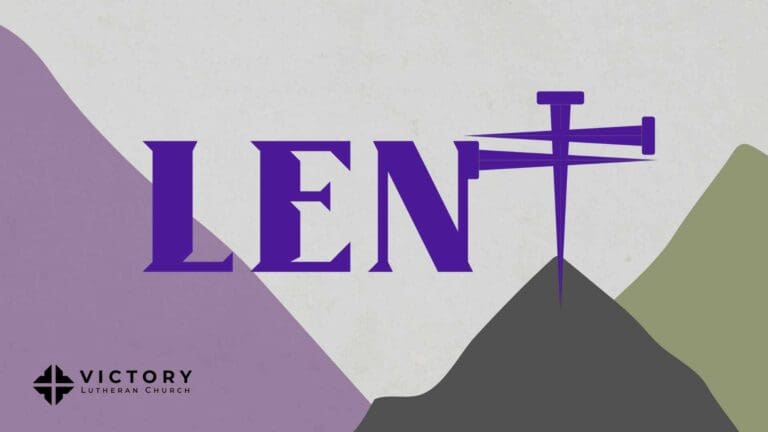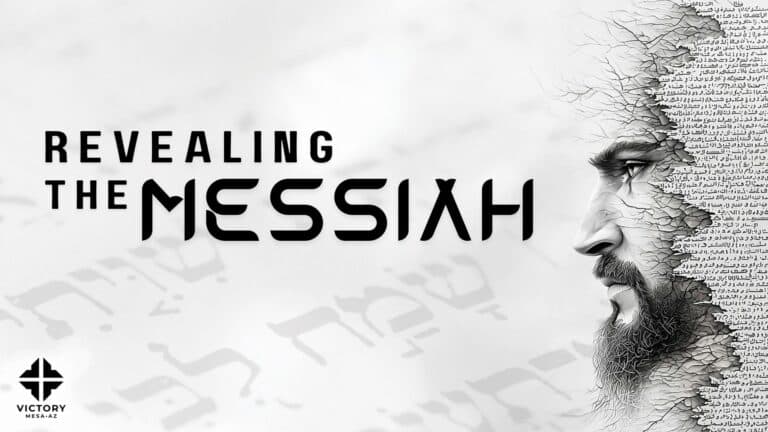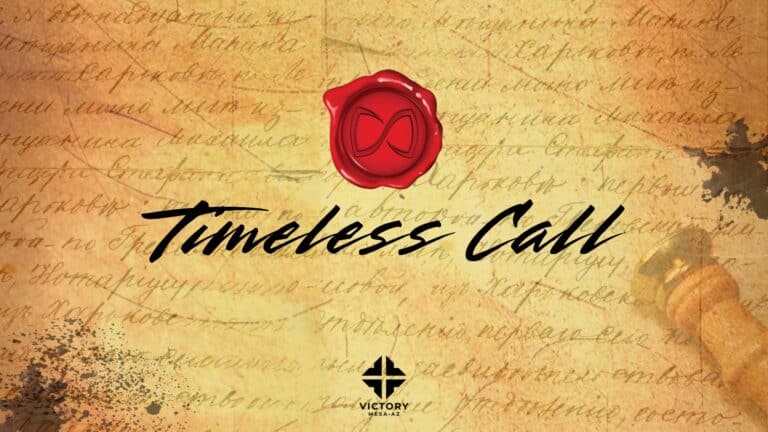Dear friends, grace to you and peace from God our Father and our Lord and Savior Jesus Christ. Amen. Today we continue our study in Esther. We are in chapters five and six. Chapters of intrigue, chapters of danger, chapters of God’s strength. We’ve learned so much from these main characters, haven’t we? The king, King Xerxes, also known as King Ahasuerus. Haman, he’s the king’s right hand man, and he’s the top advisor. We’ve learned so much about Mordecai. And of course, our heroine, Esther. I don’t know about you, but it seems like each week we leave with a cliffhanger. That’s what happened last week. Do you remember what happened? Last time we saw Esther, she had pinned a note to Mordecai saying this, go gather together all the Jews who are in Suse fast for me. Do not eat or drink for three days, night or day. My maids and I will do the same. Then when we are done seeking God. I will go to the king. Even though it is against the law, I will go. And if I perish, I will perish. What happened to her? Let’s start with chapter 5, verse 1. And we’ll see what God’s got in store for us. On the third day, Esther put on her royal robes and stood in the inner court of the palace in front of the king’s hall. The king was sitting on his royal throne in the hall facing the entrance. When he saw Queen Esther standing in the court, he was pleased with her and held out to her the gold scepter that was in his hand. So Esther approached and touched the tip of the scepter. Then the king asked, What is it, Queen Esther? What is your request? Even up to half of the kingdom it will be given you. If it pleases the king, replied Esther, let the king, together with Haman, come today to a banquet that I have prepared for him.
Bring Haman at once, the king said, so that we may do what Esther asks. The word of the Lord. Let’s pray. You tell us that we will find you if we seek you with all of our hearts and with all of our souls. Dear Father, that’s what we’re doing today. We’ve come, bowed before you. Bowed on knees, bowed hearts, bowed souls before you. Seeking your will for us. Remind us, as we now turn our attention to the preaching of the Word, that we serve a powerful King Jesus. He’s the Lord of our lives. He’s our Savior and our Redeemer. Remind us of that. And Holy Spirit, come and take me out of your way. We pray in Jesus name. Amen. You know, whenever we come to a teaching like that of the book of Esther, it’s easy to get caught up in reflecting on a crisis about what if. What if after all of the prayer, what if after all of the fasting, what if after all of the battles fought on the knees before Jesus, what if after all of that, what if evil had won? It’s easy to get caught up in that, but God doesn’t want us to stay focused on what if. When we are there, that’s where the enemy wants to keep us. But God wants us to turn our focus to Him. Because He’s not a God of what ifs, He’s a God of what is. And what is true for us is that He is our faithful God. He’s our all powerful God, our all knowing God, and He never leaves us, and He never abandons us, even when we, and especially when we, are facing a crisis.
He’s ever present, and although sometimes He’s unseen, when we are bowing before Him, and we are serving Him, He picks up His pen, and He writes the story of our lives into the story of His life. And then he does it in such a way that generations who come up underneath us and after us will read about us the way that we read about Esther. And we can only hope that our stories are as powerful as this one. That generations that come after us will be able to point to us at this point in our lives and say, Look what God did. And if God did it for them, God can do it for me. We worship a faithful God. We worship the same God that called a man named Abraham Generations and, and generations and generations before us saying, go from your country, your people, and your father’s house to a land. I will show you. I will make you into a great nation and I will bless you. I will make your name great and I, and you will be a blessing. I will bless those who bless you and whoever curses you, I will curse. And all the peoples of the earth will be blessed through you. And we know that God kept that promise because Jesus came. He came to be the Savior of the world. I can’t help but wonder if that promise to Abraham was in the back of Esther’s mind as she walked down that hallway toward the king. I wonder if, as she was facing that moment of crisis, if she was wondering about where God was. You know, when you and I come to a moment of crisis in our lives, we have questions like Esther may have had.
Questions like, when am I going to panic? Or will I trust in God? When our crisis comes, will we be covered in sweat and quaking because we’ve been down on our knees praying before our all powerful God? Will we believe that we will see the goodness of the Lord even though we don’t know how He’s going to take care of it? Or will we run? And cower and be afraid. Or will we square our shoulders the way that Esther did and face our enemy head on? For Esther, her moment of potential crisis came And what did she do? She gathered everyone around her those believing The way that she did and she said go and fast and pray for me And I will do the same and then after three days of fasting and after three days of prayer She stood up and she took off her clothes Meant for fasting and she put on her royal Robes, and she stepped into her identity as the queen You And even though she was clothed in royal robes, inside she was still a chosen child of the Most High God. And it was in His strength and His power that she took that journey down that hallway, as she dared to approach the King. As she was summoned, she was not summoned before Him, and yet she went anyway. And her God went with her. For verse 2 tells us, God gave Esther favor in the sight of the king, who was pleased to see her. Right away we see and we understand that the king notices something different about Esther. The language when he says, what is it? Queen Esther implies that he’s asking, what’s new?
Is there something troubling you? Is there something ailing you? What do you need? I’ll give you up to half of my kingdom. And how could he not under notice that something was different? She’s carrying the weight of her people in her heart. And they would be slaughtered if she failed in her mission. Mordecai had told her what to do, but he had not told her how to accomplish it. The how to accomplish it had to come through the three days of prayer and fasting on her knees. And God gave her the ability to go before the king and to say this to him. If it pleases the king, Let the king, together with Haman, come today to a banquet that I have prepared for him. Well, we know that this pleased our party boy king, because he loved to throw lavish banquets and parties, didn’t he? And so off he and Haman and Esther went to drink wine, to eat extravagant food, and partway through the meal, he asks her again, What is it, Queen Esther? What do you need? I’ll give you up to half my kingdom. But the time for her to reveal her true reason for being before the king was not yet. And so it’s as if God reached out and grabbed her mouth and said, Um, uh, don’t say it yet. Instead, invite them to come back again. Come back tomorrow. And we’ll do this all over again. You see, God needed Esther to wait because he would use the hours of that night to prepare Haman and to prepare the king.
For what God would do in those two men’s lives to accomplish the rescue of his people. We see God’s plans for Haman play out as he leaves the palace. He’s happy as a clam, saying, the Bible tells us he was high in spirits. How could he not be? His inflated ego had been fed all day as he’d spent time with the king and the queen. He alone had been invited to be with them, but his happy mood did not last long. Verse 9 tells us when he saw Mordecai at the king’s gate, and when he observed that he neither rose nor showed fear in his presence, he was filled with rage against Mordecai. Why? Well, in part, because the last thing he had been told about Mordecai was that this man was so distraught he’d torn his clothes, put on sackcloth. He was wailing loudly and bitterly because he had received news that Haman was going to have him and all of the Jews killed. So what had changed? What changed for Mordecai and the people of God was that they began drinking at the well of divine power found. on the knees of a praying people. Mordecai and the people of God had been pleading before the throne of God for three days and for three nights in prayer and fasting, something this godless, prideful man named Haman knew nothing about.
What a stark contrast we have between these two men. Mordecai, fresh off three days of fasting and prayer, went back to work at the king’s gate. He didn’t know how God was going to accomplish the things that they’d been praying about. All he knew was his God was going to do it, even though he had no idea how. And then, with the aroma of the king’s food and the queen’s fragrance still hanging on his robes, we have Haman. Who sees his archenemy and he throws a fit of rage. Verses 10 and 12 tell us he went home and for hours before his wife and his friends. He just boasted about who he was and how big he was and everything about him. Haman, Haman, Haman, Haman. I can imagine they were just sick of Haman by the time he was done. But then he revealed his true heart. Verse 13 says, these are Haman’s words, But all this gives me no satisfaction as long as I see that Jew Mordecai sitting at the king’s gate. Isn’t it amazing what can steal our joy? A little bit of pride, a little bit of arrogance, and a whole lot of anger and hate. In an effort to appease his pride, Haman’s wife and friends talked Haman into building the 75 foot high gallows so they could throw Haman on, er, Mordecai on it and kill him. If you want to know about how high 75 feet are, just look at the top of our ceiling. It’s about that high. Can you imagine this man being thrown off of it to be hanged? It would have been quite the spectacle, wouldn’t it? And then ending the ruthless plan, his wife and his friends say, after you’ve killed him, then go with the king to the banquet and enjoy yourself. This suggestion delighted Haman and he had the pole set up. And with that, Haman rushed off to see the king, not knowing that God was at work. For meanwhile, back at the palace, unbeknownst to Haman, the king was having a very sleepless night as God was preparing his heart to save and rescue God’s people. Let’s pick it up in chapter 6. That night, the king could not sleep, so he ordered the Book of the Chronicles, the record of his reign, to be brought in and read to him.
It was found, recorded there, that Mordecai had exposed Bithana and Teresh, two of the king’s officers who guarded the doorway, who had conspired to assassinate King Xerxes. What honor and recognition has Mordecai received for this, the king asked. Nothing has been done for him, his attendants answered. By the way, it doesn’t tell here, but it’s five years have passed since he helped stop the assassination. Nothing has been done for him, his attendants answered. Then the king said, Who is in the court? Now Haman had just entered the outer court of the palace to speak to the king about impaling Mordecai on the pole that he had set up. His attendants answered, Haman is standing in the court. Bring him in, the king ordered. When Haman entered, the king asked him what should be done for the man the king delights to honor. Oh dear friends, beware the evil. That pride can bring to the soul. Haman immediately believed that the king was talking about him. How could it not be? He had the signet ring of the king on his finger. So this is what he told the king. Put one of your robes on him. Put him on a horse that people have seen you riding. And then take him up and down and up and down the streets and say, this is what is done for the man the king delights to honor. He is so puffed up in his pride that he wants to be king. Oh, to have seen the look on his face when the king said, go at once, get the robe and the horse and do just as you have suggested for Mordecai the Jew. who sits at the king’s gate. Do not neglect anything you have recommended. I can’t help but think that those two words, the Jew, would have been so bitter for him to swallow Haman, to swallow at that moment. And yet, they reveal so much, not just about Haman, but about the king. For had the king not realized that the man he now sought to honor was the same one that Haman had convinced the king months ago to be sentenced to death? Was he so oblivious to his own decree of destruction that he hadn’t even bothered to figure out which people, group, in his empire where he had consigned to death?
It’s ironic, isn’t it? Hard to miss the irony that its pride is the very reason that Haman now had to put Mordecai dressed in the king’s robe on a horse and parade him up and down the city streets saying, this is what is done for the man the king delights. And it’s pride and it’s humiliation that drove Haman to cover his head out of grief and run home after he got done parading Mordecai up and down the street, thinking that he was among allies. He tells his wife and his friends, now called advisors, by the way, all that had happened. And this is what they said to him. Since Mordecai, before whom your downfall has started, is of Jewish origin, you cannot stand against him. You will surely come to ruin. Why? Well, even the Persians knew how faithful Israel’s God was in keeping his covenant promise to Abraham. Even the Persians knew that God had said at one point, I will bless those who bless you and I will curse those who curse you. And Haman is under God’s curse. He didn’t even have time to process what his wife and advisors had just told him. When the door, at the door, there was a knock. And here’s our cliffhanger for this week. While they were still talking with him, the king’s eunuchs arrived and hurried Haman away to the banquet that Esther had prepared. Tune in next week to find out what happens. Dear friends, in thinking about all of this this morning, I ask you this. Who among us has ever asked, Who am I that God knows my name? Is there anyone sitting here this morning who’s ever felt invisible, or insignificant, or unworthy to play a role in God’s plans? Have you ever been trapped by the lies of the enemy that tell you you’re unworthy, or you’re too old, or you, uh, God’s been done with you a long time ago, or you’re too sick, or you’re too weak, or you’re too whatever you want to fill in the blank. Have you ever been lied to? That you can’t be used by God anymore. If you’ve ever been there, if you’re there now, I invite you to remember these things. God saved his people when he used an orphan named Esther to become the queen of Persia so that she could walk down that hallway at the exact moment she needed to find favor from the king.
So that God could save his people. And God rescued his people when he used a condemned man named Mordecai. So, to be remembered five years after the event took place. So that at the very moment that God intended for the king to remember Mordecai, he could use that event to save his people. God used a restless knight of a non believing foreign king to bring about the salvation of God’s people. And if He can use all of them, He will, and He does, and He has used us as well. But are we willing to do the work? What did they do before this happened? They spent three days in fasting and they spent three days in prayer. Are you and I willing to humble ourselves before our God? Are we willing to open up our ears to hear the voice of the Holy Spirit? Telling us what God needs us to be doing right now. One of the most famous things about Esther is, You’ve been born for such a time as this. Well, dear friends, you and I have been born for just such a time as this. God has placed you in this church, in this community, in this valley, in this nation, right now, for such a time as this. Are we willing to humble ourselves? To find out what God wants us to be doing at this time in our lives, at this moment in time, so that He can rescue those who are lost and far away from Him. Are we willing to fast? Are we willing to pray? Are we willing to dig into this book, this love story that God uses to teach us and rebuke us and correct us and guide us? Dear friends, I pray that we are ready for that. Amen. For just as God used Esther, and just as God used Mordecai, and, yes, Haman, and, yes, the king, He is ready to use us as well. So I ask us, let’s prepare, let’s do the work, and then let’s stand back like Mordecai did, and like Esther did, and watch our God unfold His plans before us, and marvel that we have such a God to guide us in such a time as this. Let’s pray. Ah, Father, use us, humble us, prepare us, guide us, just as you did Esther and Mordecai and all of those other people that we read about and we study about when we open the pages of the love story found in the Bible. Get us ready, God. Humble us before you. Take our will out of the way. So that we can step into your will, we pray in Jesus name, Amen.

